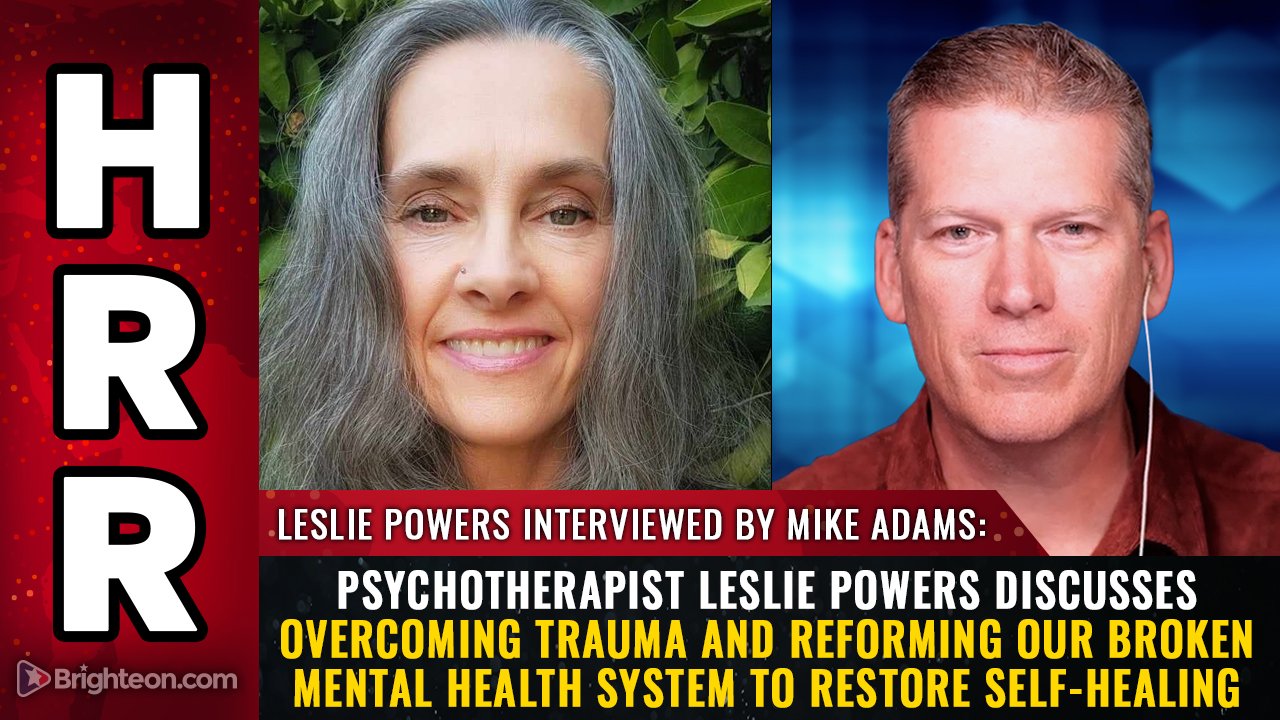British Chambers of Commerce warns of “lost generation” as youth job crisis deepens
05/04/2025 / By Laura Harris

- Nearly one million young people (987,000) in the U.K. are NEET (Not in Employment, Education or Training), with mental health struggles and economic inactivity being major barriers.
- Failure to address youth disengagement could cost the U.K. £69 billion ($92 billion) in lost economic potential, while prolonged unemployment erodes young people’s confidence and employability.
- The BCC urges targeted policies, including youth employment support, SME incentives to hire/train young workers and expanded mental health services, aiming to match the Netherlands’ lower NEET rates.
- Only 13 percent of firms have structured plans for under-25s. Businesses, especially SMEs, must create more opportunities despite financial pressures like rising wages and taxes.
- Without urgent, coordinated efforts, Gen Z faces worsening barriers to work amid declining vacancies and an aging workforce, threatening long-term societal exclusion.
The British Chambers of Commerce (BCC) has warned that the United Kingdom risks creating a “lost generation” unless the government takes urgent action to address the soaring mental health issues and disconnection from education and employment among young people.
In a new report titled “Creating Job Opportunities for Gen Z”, the BCC calls for immediate measures to remove barriers preventing almost a million members of Generation Z (those born between 1997 and 2012) from engaging with work, education or training.
Data from the Office for National Statistics reveals alarming statistics, including a rise of over 110,000 young people classified as NEET (Not in Employment, Education, or Training) between late 2023 and 2024, bringing the total to 987,000. This includes 392,000 unemployed and 595,000 economically inactive youths.
Moreover, King’s Fund research reveals that one in four NEETs want to work but are held back by mental health struggles. Over half (52 percent) say the longer they remain unemployed, the harder it becomes to find work, while 45 percent report losing confidence in their skills.
In turn, the BCC’s People and Work Challenge Group, which includes input from businesses, think tanks and charities, has outlined several critical steps for the government, including investing in youth employment support to ease the transition into work, supporting SMEs to hire and train young workers (as only 13 percent of firms currently have specific plans for under-25s), expanding workplace health support to address mental and physical health issues early, and setting a target to reduce the NEET rate to match the Netherlands’ significantly lower youth disengagement levels.
The report estimates that tackling the NEET crisis could add £69 billion ($92 billion) to the U.K. economy but warns that without coordinated government action, the problem will worsen in the short term. The BCC urges businesses, particularly SMEs, to create more opportunities for young workers, as many firms overlook the benefits of structured youth recruitment and training.
BCC: U.K. must take immediate action to prevent a lost generation of workers
BCC Director General Shevaun Haviland urged the government to take immediate action to prevent a lost generation of workers.
“The U.K.’s active workforce is rapidly aging, while the number of young people who are not in employment, education or training is at its highest level for a decade. Generation Z faces a double whammy of increasing barriers to entering the workforce and reducing opportunities as the number of vacancies continues to fall. But research shows the longer we leave this pool of talent to drift away from the workplace, the harder it becomes for them to engage,” Haviland said.
The government has recognized the issue, with schemes such as the Youth Guarantee and its post-16 strategy, but a more collaborative approach is needed across different departments to deliver the change needed. Employers recognize that they also need to step up to the plate. But the rising tide of cost pressures from the Employment Rights Bill, rising National Insurance Contributions and the National Living Wage are making this increasingly difficult. (Related: Managers complain: Gen Z lacks “soft skills,” has “unrealistic” workplace expectations.)
Haviland also encouraged the government to support SMEs to train young people for the jobs of the future. “Chambers are already playing a role by bringing businesses and education bodies together to fix the disconnect. But unless more comprehensive action is taken, a whole generation is at risk of being cut loose from society,” Haviland said.
Check out similar stories on Collapse.news.
Watch this video explaining the new workplace trend.
This video is from the PATRIOT.TV channel on Brighteon.com.
More related stories:
SURVEY: Gen Z struggles with basic DIY tasks.
IDIOCRACY: Gen Z snowflakes are intimidated by complete sentences, full stops while texting.
Gen Z blames social media for mental health struggles, yet few are ready to disconnect.
Sources include:
Submit a correction >>
Tagged Under:
Anxiety, British Chambers of Commerce, Bubble, business, Dangerous, depression, Gen Z, lost generation, market crash, mental health, Mind, NEET, risk, unemployment, workplace issues, youth unemployment
This article may contain statements that reflect the opinion of the author





















